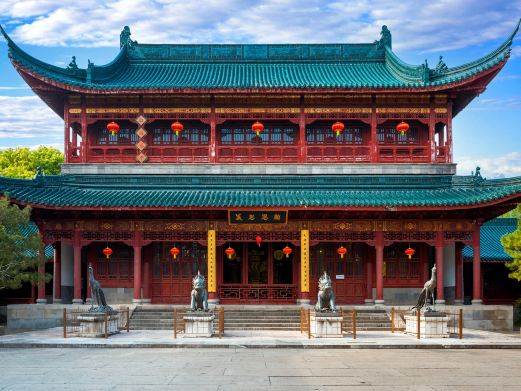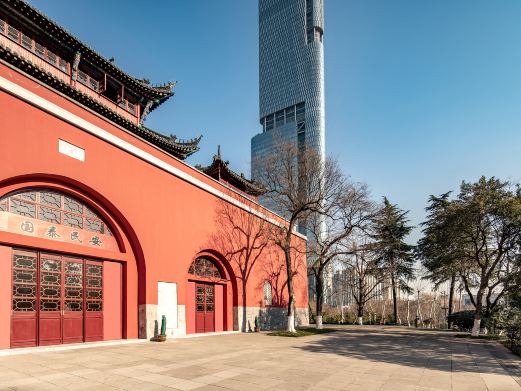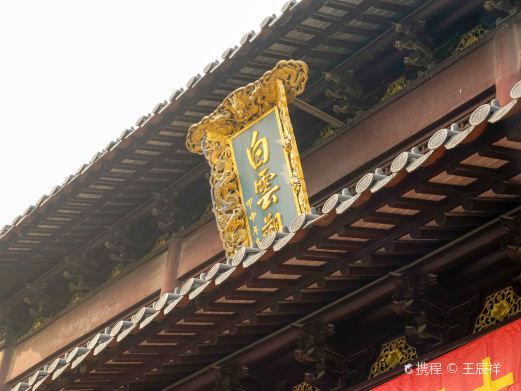The Hanxiang Water Expo Garden in Shanghai is a water ecological garden built by Pengdu Village, Maqiao Town, Minhang District to protect the safety of Shanghai’s drinking water intake. It is a key tourism project in the suburbs of Shanghai. The whole garden covers an area of 400 mu and is adjacent to the Huangpu River. It is a museum of ancient bridges and a protection area for famous ancient trees.
It is also a classical garden in Shanghai that rarely gathers water, bridges, pavilions, terraces, towers, pavilions, trees, flowers, grasses and woods. The Water Expo Garden is composed of an ancient ecological park, an ancient cultural park and a rural sightseeing paradise. The ancient ecological park takes rivers, ancient bridges, ancient trees, landscape stones and antique buildings as the main components. With a simple, natural and wild style, there are more than 600 ancient trees over 100 years old in the park, and 25 relocated ancient bridges. There are also two popular science venues built in the park. The ancient cultural park focuses on excavating and displaying the water culture of the Huangpu River, the ancient culture of Maqiao and the famous historical and cultural figures of Maqiao. There are simulation halls of the ancient cultural sites of Maqiao and Dong Qichang Painting Academy. The rural sightseeing paradise mainly functions as modern agricultural sightseeing, rural life on the banks of the Huangpu River and the display of local culture, and rural leisure and entertainment. It has eight major projects including an agricultural ecological display area, a riverside village exhibition hall, an aquatic cash crop park, a fruit tree planting area, a fishing area, a shopping and leisure street, a rural resort, and an agricultural science and technology exhibition hall.Opening hours: Open all year round from 08:00 to 17:00.

Preferential policies: Children: Under 1.3 meters (excluding) in height, free of charge. Disabled people: With a disability certificate, discounted; with valid certificates, half price. Families of martyrs: With valid martyr’s family certificates, free of charge. Active servicemen: With valid officer’s certificates and soldier’s certificates, free of charge. Disabled soldiers: With valid certificates, free of charge. Retired cadres of the military: With valid certificates, free of charge.










